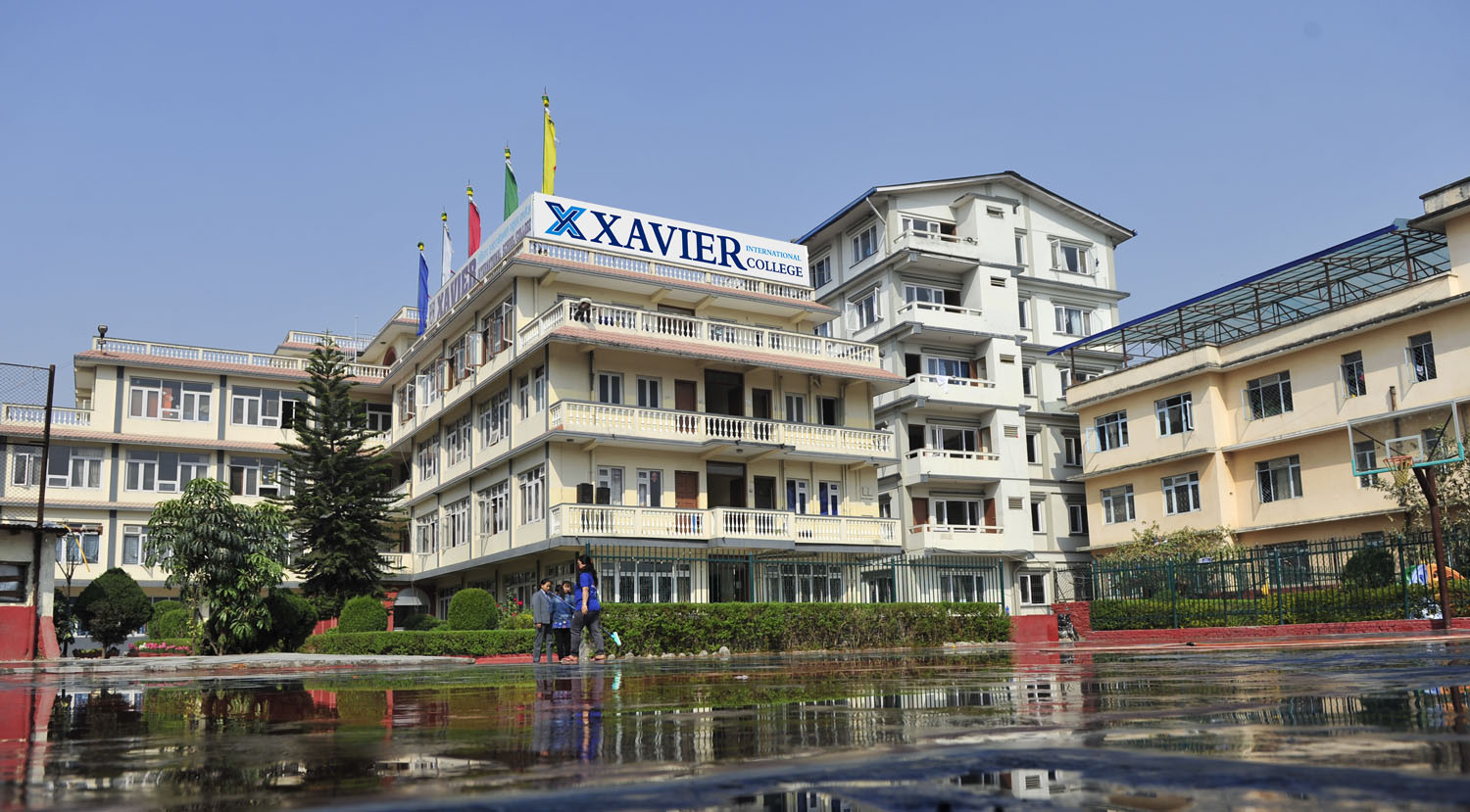Overview
BSc Microbiology at Xavier International College, Kathmandu
Xavier International College (XIC), Bauddha–Tushal, Kathmandu, offers the BSc Microbiology under Tribhuvan University. Students often ask for clear facts on affiliation, curriculum, skills, lab orientation, entry rules, and career tracks in Nepal.

Overview
BSc Microbiology at XIC introduces you to microbial life and its interactions with people, animals, plants, food systems, and the environment. The program explains how microbes function, how they are studied in laboratories, and how microbial knowledge supports health and industry. The degree runs for four years under Tribhuvan University, with graduation on completion of the prescribed TU requirements.
Highlights
Duration: four years
Affiliation: Tribhuvan University
Location: Bauddha–Tushal, Kathmandu
Educational requirement: minimum of 12 years of schooling (as stated in the prospectus)
Curriculum details
The Microbiology curriculum builds a base in microbial structure, function, and laboratory techniques. The course narrative in XIC’s prospectus notes a full focus on the microbial world, problem contexts, and sustainable management concepts. Students learn through sequenced theory and applied sessions that broaden analytical habits and prepare them for work in relevant departments and laboratories.
Objectives
The degree seeks to deepen your understanding of microorganisms and their roles in health, agriculture, food safety, and manufacturing. Objectives include conceptual clarity, exposure to cross-disciplinary applications, and readiness to solve real-world problems using microbiological techniques. The college lists outcome statements that align closely with these aims.
Scope
Microbiology touches many sectors in Nepal. The prospectus lists medical and clinical laboratories, pharmaceutical production and quality units, public health labs, teaching and research institutions, agriculture and manufacturing, and food and beverage plants. These sectors call for careful lab work, documentation, and adherence to standards. The program sets a foundation for those pathways.
Learning outcomes
students learn to
– understand core concepts in microbiology through education and research exposure
– recognize the role of microorganisms across fields that manage disease and health
– apply theoretical and applied microbiology in cross-disciplinary settings
– gain specialized know-how to address real problems
– practice laboratory techniques to analyze samples and propose solutions
Skill development modules
XIC follows a need-based approach that uses fieldwork, project studies, report writing, and presentations to connect classroom ideas with practice. These activities help you explain observations, present results, and collaborate with peers—skills that matter in lab-based roles. Non-credit and skill training opportunities appear in the college plan to strengthen readiness during the study period.
Teaching methodology
Faculty act as facilitators in a developmental interactive setting with a balanced teacher–student ratio that supports frequent interaction. Learning happens through guided sessions, lab tasks, and structured assignments that build confidence step by step.
Admission requirements
XIC states the BSc Microbiology educational requirement as a minimum of 12 years of schooling. The program runs for four years under TU. Applicants complete the college admission steps: choose course, submit application, sit the entrance (if required/announced), attend interview with parent or guardian, receive offer, and enroll. Individual appointments for campus visits are available through the Admissions Office.
Career opportunities
Graduates enter hospital and medical labs as medical or clinical microbiologists or move into bacteriology, mycology, immunology, parasitology, or virology. Pharmaceutical firms hire for quality control and production. Public health labs need general and specialized microbiologists. Opportunities exist in NGOs and INGOs, teaching and research, agriculture and industrial microbiology, and quality units in food, beverage, and chemical industries. Some graduates start or join private labs as entrepreneurs or consultants.
Scholarships and financial aid
Scholarship availability varies by intake. Applicants should consult the current admission notice and contact Admissions for the active BSc provisions, timelines, and documents required for the cycle.
Why choose this course?
BSc Microbiology at XIC gives you a Tribhuvan University pathway focused on microbial science and practical lab work. The method links theory to field and lab activities, which helps new graduates move into hospital labs, pharma quality units, and food safety roles. Facilities such as computer access, counseling, and research support add to day-to-day study needs.
Conclusion
BSc Microbiology at Xavier International College remains a four-year, TU-affiliated program with clear outcomes and sector links. Students gain technical habits, documentation skills, and ethical awareness required for health and industry roles in Nepal. Confirm deadlines and any entrance notifications with the college before application.


-9075.jpg)
















